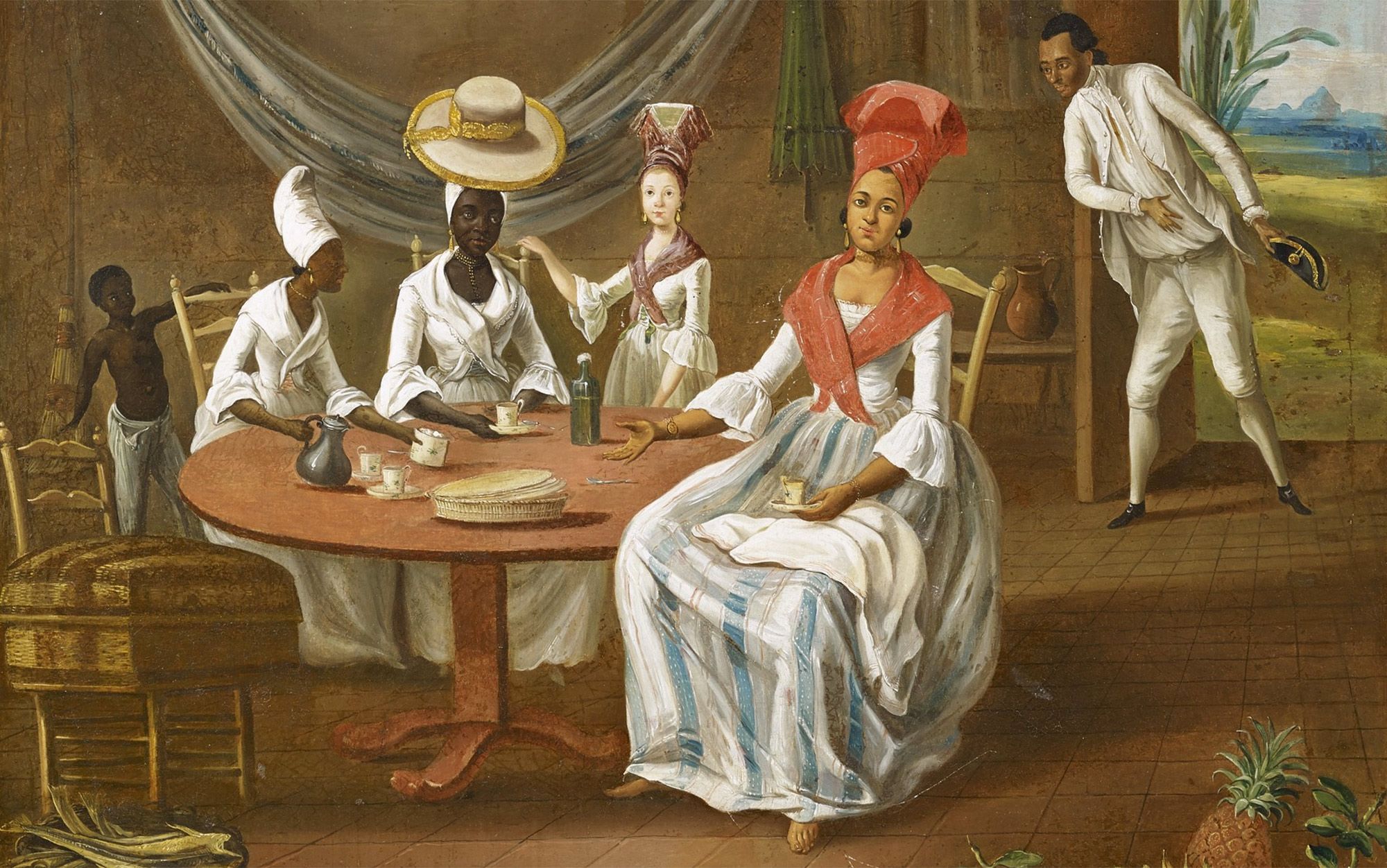On Black Negativity, Or the Affirmation of Nothing
Society and Space
2017-09-18
Jared Sexton, Interviewed by Daniel Colucciello Barber
Jared Sexton is Associate Professor of African American Studies and Film and Media Studies at the University of California, Irvine, where he also holds an affiliation with the Center for Law, Culture, and Society. He is the author of Amalgamation Schemes: Antiblackness and the Critique of Multiracialism (University of Minnesota Press, 2008) and Black Masculinity and the Cinema of Policing (Palgrave Macmillan, 2017). In these books, as well as in his numerous articles and essays, Sexton addresses themes of contemporary political and popular culture, or more broadly the cultural politics of the post-civil rights era United States, focusing on questions of race and sexuality, policing and prisons, multiracial coalition, and contemporary film.
The range of themes addressed in Sexton’s work is motivated by a central commitment to the field of black studies. Importantly, black studies is here understood not as one field among many, such that it would become identifiable through its division from others. Black studies—as “an internally differentiated project”—concerns what Sexton describes as “an unlimited field,” one that ramifies upon, because it is implicated in, all fields of study.
This interview attends to and foregrounds Sexton’s theorization of the meaning, stakes, and implications of the unlimited field of black studies. While such theorization is bound to matters that entail a sociological specificity, the questions that thereby emerge likewise entail the opening up of “a whole series of ontological matters.” Such double entailment follows from Sexton’s focus on the singular “sociopolitical status” of blackness in the modern world: if blackness “opens the space for articulating what is unthought,” this is because blackness is “that which relates to the undoing or unraveling of every social bond” and so inhabits them, negatively, from within.
Daniel Barber: In “The Social Life of Social Death,” you speak of “a procedure for reading, for study, for black study or, in the spirit of the multiple, for black studies … wherever they may lead. And, contrary to the popular misconception, they do lead everywhere. And they do lead everywhere, even and especially in their dehiscence.” This is a lesson that I am constantly learning from the reading of your work. You characterize such black study as “an exemplary transmission: emulation of a process of learning through the posing of a question, rather than imitation of a form of being,” and it is inarguable that your writing has been at the vanguard of such exemplification.
Many of your recent essays have explicitly pressed the stakes of a dehiscent “everywhere.” The incommensurateness of the position of blackness with discourses of the universal—which, as you demonstrated in Amalgamation Schemes, remains the case even in a purportedly pluralized, expansive discourse such as multiracialism—marks an opening up all over, according to the unthought recesses of what Dionne Brand has called “a tear in the world.” I can imagine this everywhere coming to be interpreted as “more” universal than universality, and I wonder how you would think about this? Dehiscence—or, along similar lines, the ungrounding entailed by deracination—certainly exceeds the universal, but such excess would seem to refuse its being related in terms of universality.
Jared Sexton: First, let me thank you again for your rich and generative questions here, and for the careful and sustained reading required to formulate them. I say that especially because I am aware of the ways that, for all of the moments of real critical engagement I’ve enjoyed since entering academia, aspects of my writing, as one instance in a much larger collective project, have been fairly consistently distorted and, at times, caricatured for some time now. Some of that has to do of course with very broad developments in intellectual life in the United States—academic celebrity culture, social media “hot takes,” “me too” research protocols, the denigration of the arts and humanities, etc.—and some of it has to do with an understandable, if disagreeable, anxiety about conserving radical thought under reactionary conditions. But then too I think much of it reflects the type of paralogical affect, or animus, that Frantz Fanon explored so provocatively in his time and that I have, again among many others, tried for a while now to understand better. It strikes me as a ressentiment not of the slave, but rather about and against the slave, and those thought to be slavish…
Read the entire interview here.




